A comprehensive study and analysis of insulation
By Edit Team | August 25, 2020 9:31 am SHARE
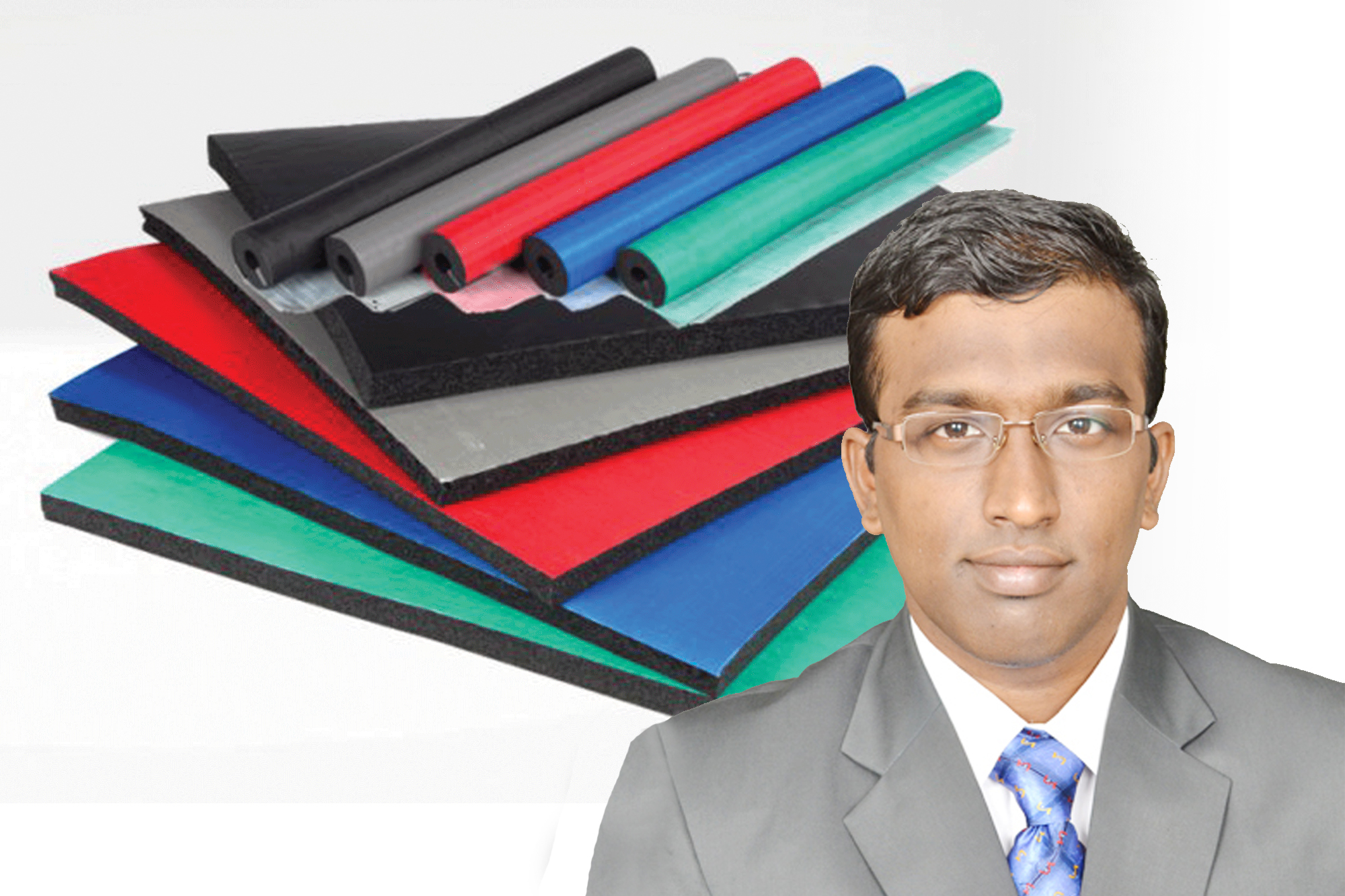
Insulation materials are a very basic and important requirement in any industry dealing with various heat transfer unit operations (hot/cold applications). Insulation slows down the rate of heat exchange between two different temperatures. Primarily Insulation is used to minimize the heat gain or heat loss from/to the surrounding. It is very important to maintain the temperature of chilled water and steam supply, store the products at a low temperature either in cold storages or in tanks, store the steam at a high temperature either in the boiler or other systems and transportation of the products at a lower temperature.
The basic aim of insulation is to retard the rate of heat flow in order to prevent/minimize the change of temperature of the system or space. It involves several unit operations, either at higher temperature or lower temperature as compared to ambient conditions of the air, the use of insulation materials in any industry is inevitable for the conservation of energy. The selection of insulating material, deciding the thickness, correct method of performing the insulation of steam and chilled water pipelines, storage tanks, silos, cold storages, etc are some of the important considerations to achieve optimum results.
The primary reasons for the need for insulation are listed below:
- To conserve energy
- To minimise heat loss or gain
- To prevent condensation
- To have personnel safety
- To have freeze protection
- To have better fire safety
- To get good acoustic comfort
- To maintain a temperature condition and to maintain the process control
- To maintain the effective operation of equipment or chemical reaction
- To assist in maintaining a product at a constant temperature
- To create a comfortable environmental condition
Types of Insulation Material Generics
Inorganic Insulation Materials made from sand, silica, stone and molten glass. They are divided as mineral wool (further sub divided as glass wool or fibre glass, stone wool, slag wool), ceramic wool, ceramic fibres, silicate wool, calcium silicate, expanded perlite, vermiculite, cellulose insulation, cellular glass or foam glass etc.
Organic Insulation Materials made from natural resources (natural insulation) and from manmade chemicals and petroleum products (manmade insulation). They are divided as natural and manmade insulation. Manmade insulation is further sub divided as elastomeric foams (further sub divided as Nitrile Butadiene Rubber (NBR) and Ethylene Propylene Diene Monomer (EPDM)), Melamine Foam, Phenolic Foam, Polyethylene or Polyolefin Foam (Further Sub Divided as Chemically Cross-Linked Foam and Physically Cross-Linked Foam), Polystyrene Foam (Further Sub Divided as Particle Foam (Expanded Polystyrene (EPS)) and Extruded Foam (Extruded Polystyrene)), Polyurethane Foam (Further Sub Divided as Rigid Foam and In Situ Foam), Polyisocyanurate Foam, Zote Foam etc.
Technical Parameters that influence the selection of correct insulation material
- Thermal Conductivity
- Water Vapour Diffusion Resistance Factor or Mu Value
- Water Absorption
- Fire Properties
- Temperature Range
- Anti Microbial Properties
- Acoustic Properties
- Outer Protective Covering
- Density
- Mechanical Properties
- Cell Structure
- Flexibility
- Application Area
Problems faced by the projects & industries due to poor insulation material
- Reduced Energy Efficiency
- Reduction of the effectiveness of the cooling/heating
- Heat gain/heat loss over the systems
- Condensation Problems
- Corrosion on the pipes, vessels etc
- Ice formation
- Frosting effect
- Natural deterioration due to ageing
- Installed Thermal Conductivity value deterioration due to ageing
- Ingression of heat, moisture and presence of dirt
- Chemical deterioration
- Mechanical damages
- Exposure of direct sunlight
- Joint problems
- Thermal bridging
A solution to the industry
Nitrile Rubber Insulation is a very versatile and flexible insulation. It is widely used the Industrial insulation, air-conditioning, heating, plumbing and HVAC Industries. It is a closed cell elastomeric insulation and is resistant to water vapour, oil and most acids. Because of its flexibility it is ideal for insulating vessels, curved or irregular shapes. Nitrile Rubber -flexible closed cell elastomeric insulation is suitable for applications up to an approximate maximum continuous operating temperature of 105ºC.Nitrile rubber – elastomeric insulation has low and stable thermal conductivity – 0.033 W/m∙K, high water vapour diffusion resistance factor, low water absorption properties, good fire performance, good anti microbial properties, good mechanical properties, good acoustic properties, reduces the under insulation corrosion (UIC), prevents condensation, ensures controlled heat gain/heat loss, flexibility etc.
Nitrile Rubber – elastomeric insulation are used to prevent condensation on refrigeration copper piping, heating and ventilation pipe work and air-conditioning pipe work. Within its stated temperature range, there are few restrictions which would prohibit the use of this product with proper installation techniques. It can be used on hot and cold plumbing pipes and also as an insulation blanket on ductwork. It can be used for various applications like refrigeration pipe work, heating and ventilation pipe work, air conditioning pipe work, heating and ventilation ductwork systems and vessels and curved or irregular surfaces.
Aerogel insulationis a flexible, high-temperature insulation material that provides excellent thermal and acoustic insulation performance and helps to mitigate corrosion through its unique hydrophobic properties. Aerogel insulation is a synthetic porous ultra light solid material derived from a gel, in which the liquid component of the gel has been replaced with a gas (during a supercritical drying process). Aerogel insulation can be made from a variety of chemical compounds, but the base material for Aerogel is usually silicon. All Aerogel insulation blankets generate a certain level of dust during handling, fabrication and installation but it will not harm the humans and atmosphere. Aerogel Insulation is suitable for applications up to an approximate maximum continuous operating temperature of 650ºC.
Aerogel Insulationhas low and stable thermal conductivity –0.014 W/m∙K, good hydrophobic properties, low water absorption properties, good fire performance (Non Combustible Nature), good anti microbial properties, good mechanical properties, good acoustic properties, reduces the under insulation corrosion (UIC), ensures controlled heat gain/heat loss, does not have any itching problems unlike other fibrous materials, flexibility etc. Aerogel Insulation are used on hot and cold applications. It can be used for various applications likeheating applications, steam pipe work, cryogenic pipe work, dual temperature pipe work, LNG pipe work,heating ductwork systems and cryogenic or hot vessels and curved or irregular surfaces.
For more details, contact:
Ramanathan Annamalai,
Manager – Technical & Application Services, India and South Asia,
Armacell India Pvt Ltd
Cookie Consent
We use cookies to personalize your experience. By continuing to visit this website you agree to our Terms & Conditions, Privacy Policy and Cookie Policy.




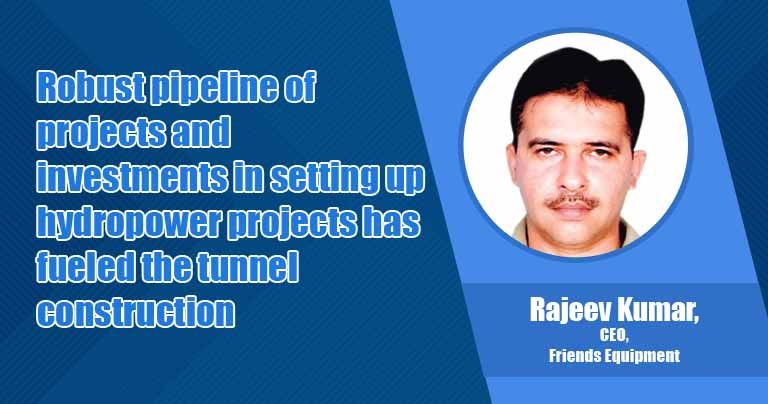

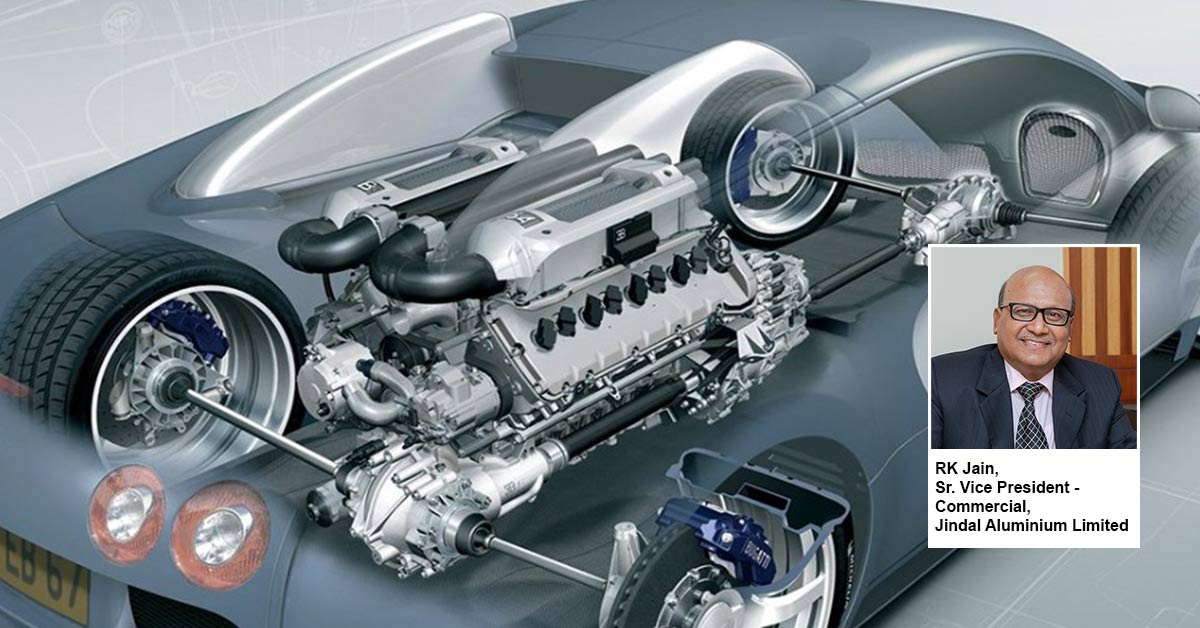
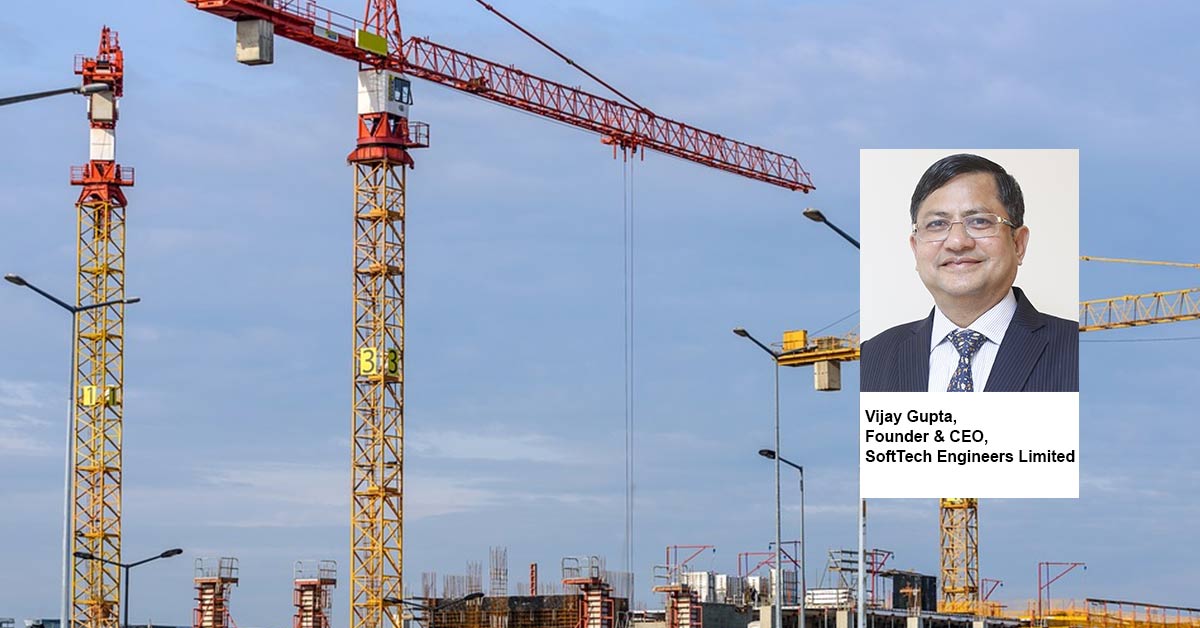
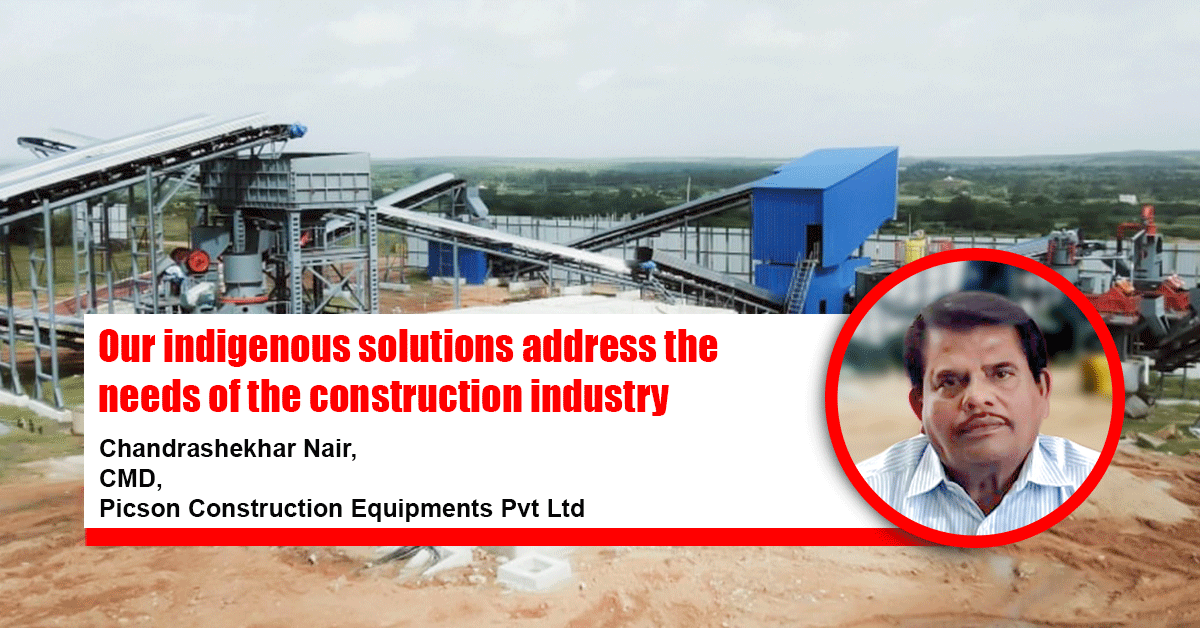




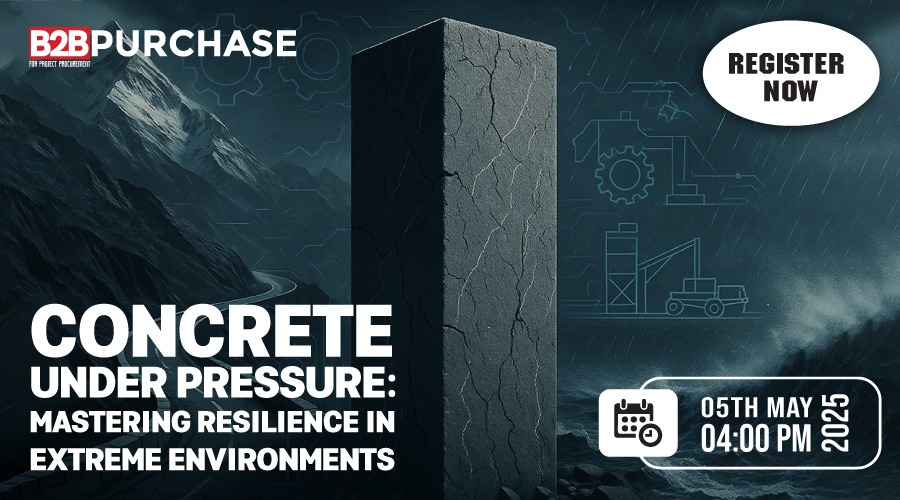
























-20240213125207.png)

























